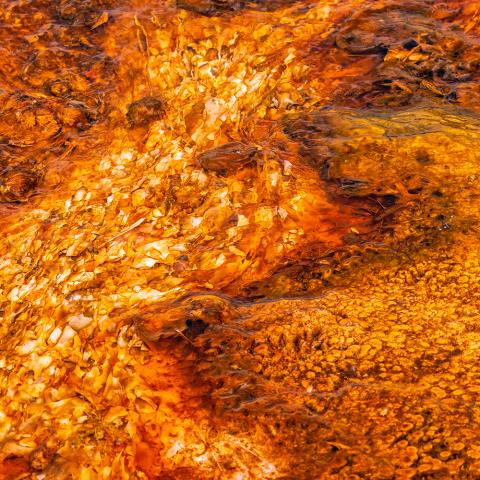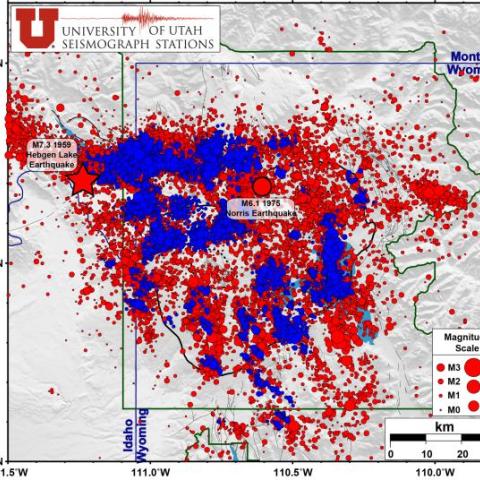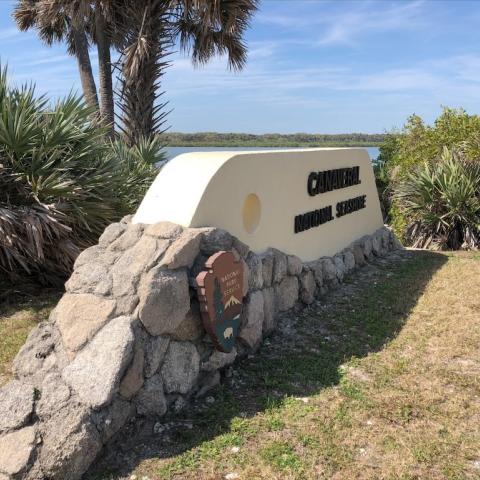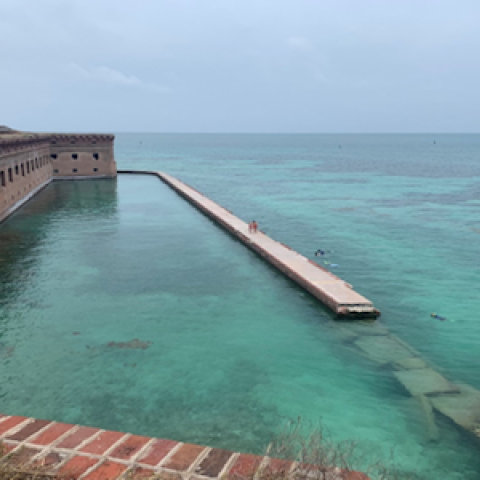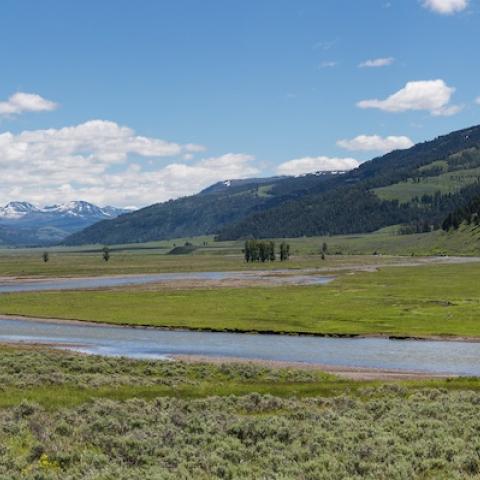Transponder Lane Created For Entrance To Rocky Mountain National Park

Voluntary automated gate transponders are available for purchase at Rocky Mountain National Park in Colorado for annual and lifetime passholders, including RMNP, America the Beautiful, Senior, Military, Veterans, Access and Fourth grade passes.
- By Compiled From N... - February 21st, 2024 2:30am

